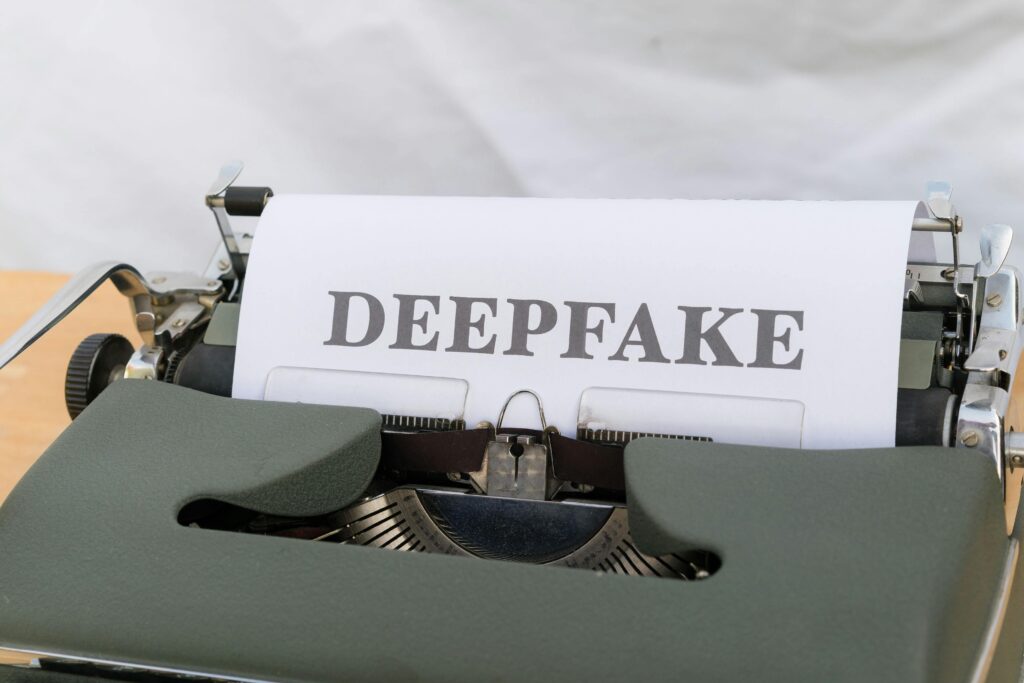Published On: 14th May 2025
Authored By: Iffat zehra
St Joseph's College of Law
Abstract:
White-collar crimes in India have always been handled a peculiar combination of legal gravity and public tolerance. Unlike traditional criminality, which receives swift legal punishment, white-collar crimes are slowly prosecuted and leniently punished. This article critically examines the socio-legal processes that enable or disable white-collar offenders’ prosecution in India. Drawing on select case laws, legislative laws, enforcement agency performance, academic commentary, and comparative jurisprudence, this article argues that India’s justice system inadvertently grants white-collar offenders the “suit and tie” offenders a degree of immunity. Suggestions are provided to restore the criminal justice system to fairness and deterrence.
Keywords: Economic offences, corporate fraud, the Indian legal system, SEBI, CBI, white-collar crime, corruption, prosecution, and enforcement.
Introduction:
The term “white-collar crime” was coined by Edwin Sutherland in 1939. It means non-violent offenses committed by people at professional jobs, often involving dishonesty, breach of trust, or abuse of funds. White-collar crimes in India include embezzlement of funds from businesses, insider trading, bribery, cyber fraud, and money laundering. The first aim of this article is to analyze the problems and legal issues that help white-collar criminals avoid quick punishment in India. Even though India has strong laws and investigation teams, enforcement is weak, convictions are scarce, and punishments do not equal the harm done. The article would like to know if real justice is delivered when people in suits use their power to avoid accountability.
A. White-Collar Crime in the India –
White-collar offences are generally thought to include a broad range of economic and regulation-based offences, but they are not specifically defined in Indian law by any statute. As Prof. Upendra Baxi has noted, white-collar crimes in India reflect the “juridical gaps between normativity and enforcement.”[1]
Several laws intersect in prosecuting these crimes:
– Sections 415, 463, and 405 of the Indian Penal Code, 1860, deal with cheating, forgery, and criminal breach of trust, respectively.
– Section 447 of the Companies Act of 2013 addresses corporate fraud, whereas Sections 241–242 address mismanagement.
– Addressing the proceeds of criminal activity through the Prevention of Money Laundering Act of 2002.
– Insider trading and securities fraud are covered by the SEBI Act of 1992.
B. Legal Framework and Issues surrounding Enforcement Duties –
The Securities and Exchange Board of India (SEBI), the Enforcement Directorate (ED), the Serious Fraud Investigation Office (SFIO), and the Central Bureau of Investigation (CBI) comprise India’s enforcement apparatus. “Lack of synergy and overlapping jurisdiction” exists between these institutions, nevertheless, as Banerjee points out. [2]
More than 1,000 cases involving economic offences have been outstanding for more than ten years, according to a 2021 research by the Vidhi Centre for Legal Policy. [3] This lethargy is exacerbated by political meddling, bureaucratic red tape, and inadequate institutional coordination. Prosecution is made more difficult by white-collar criminals’ frequent use of prestigious legal teams, media influence, and procedural flaws. [4]
Effective adjudication is made even harder by the fact that Indian judges and prosecutors sometimes lack specific training in business law, cybercrime investigation, and forensic accounting. [5]
C. Case Laws: Justice Delayed or Denied? –
- Satyam Scam: In CBI v Ramalinga Raju, [6] the founder of Satyam Computers was convicted of manipulating financial statements to the tune of ₹7,000 crores. Although the conviction in 2015 was hailed as a landmark, the trial took over six years, and the sentence was later softened on appeal.
- 2G Spectrum Case: In CBI v A Raja and Others, [7] all the accused were declared not guilty since the prosecution failed to provide clear evidence. Legal expert Arvind Datar condemned the ruling, saying that “the law lost, not justice,” since mistakes on the part of the investigation enabled the accused to escape punishment. [8]
- Nirav Modi and the PNB Scam: The ₹14,000 crore Punjab National Bank fraud by Nirav Modi revealed regulatory gaps in India’s banking sector. Modi is still in the UK, resisting extradition, as of 2025. [9] India’s poor cross-border enforcement and poor MLAT implementation are reflected in the case.
D. Why Are White-Collar Criminals Escaping Justice? –
Legal experts contend that economic offenses are hard to prosecute because they entail large quantities of paperwork, international transactions, and complex financial instruments.[10]Courts also tend to view white-collar crime as less morally reprehensible than violent crime, resulting in lenient bail conditions and lighter sentences.[11] Bail in economic crimes is frequently granted even before charges are framed, leading to delays and weakening deterrence.[12] India’s Whistle Blowers Protection Act, 2014, intended to promote reporting of government and corporate misconduct, is still under -implemented.[13]Whistle blowers are more likely to receive indifference, reprisal, or worse, as reported.[14]
E. Jurisprudence in comparison –
In America, the Sarbanes-Oxley Act, 2002 mandated disclosure of financial matters and severe punishment for fraud in companies. [15]Failure of Enron and prosecution of its top management indicate how severe and quick punishment discourages such offenses.[16]
India does not, however, share the same quick legal processes and still uses old laws such as the CrPC 1973. [17] The case of Enron is referenced to measure India’s slow legal processes.
F. The Recommendations –
- Fast-track Economic Offence Courts – Like the NCLT for corporate cases, these courts could help improve pendency.
- Enhanced Forensic Capabilities – Create national financial forensic labs with skilled staff.
- Empower agencies – Reduce political interference in agencies like the CBI and ED.
- Reform Bail Laws for Economic Offences – Reverse the burden of proof in serious financial frauds.
- Reinforce Whistle Blower Laws – Provide privacy, protection, and incentives for reporting.
- Cross-Border Enforcement – Strengthen India’s enforcement of MLATs and extradition processes.
Conclusion:
White-collar crime in India is becoming larger and more sophisticated, more rapidly than the judicial system can manage. We must reform the criminal justice system by enhancing how prosecutors operate, educating judges, and taking politics out of the picture. Justice cannot be unjust. If India wishes to maintain its strong economy and obey the law, it must ensure that individuals in “suit and tie” do not get away with what they do.
References:
- Upendra Baxi, ‘The Crisis of the Indian Legal System’ (Vikas Publishing 1982).
- Arnab Banerjee, ‘Investigating Economic Offences in India: An Institutional Analysis’ (2020) 6(2) NUJS L Rev 223.
- Vidhi Centre for Legal Policy, ‘Report on Pendency in Economic Offence Trials’ (2021) <https://vidhilegalpolicy.in/research/pendency-economic-crimes> accessed 10 April 2025.
- R Vaidyanathan, ‘India Uninc: Unlocking the Potential of India’s Informal Economy’ (Westland 2013) 176.
- M P Singh, ‘Comparative Constitutional Law’ (Eastern Book Company 2011) 217.
- CBI v Ramalinga Raju (2015) CBI Special Court, Hyderabad.
- CBI v A Raja and Others (2017) Special CBI Court, New Delhi.
- Arvind Datar, ‘The Law Lost, Not Justice: 2G Case Commentary’ (2018) 11(1) Indian Bar Rev 34.
- UK v Nirav Modi [2021] EWHC 2800 (Admin).
- Swaran Singh, ‘Complexities in Prosecuting Corporate Crimes’ (2021) 9(1) Indian J Crim L 45.
- Bibek Debroy and Laveesh Bhandari, ‘Corruption in India: The DNA and the RNA’ (Konark Publishers 2011).
- Law Commission of India, ‘Report No. 239 on Expeditious Investigation and Trial of Criminal Cases Against Influential Public Personalities’ (2012).
- Whistle Blowers Protection Act 2014.
- Human Rights Watch, ‘India: Protect Whistleblowers’ (2016) <https://www.hrw.org/news/2016/05/16/india-protect-whistleblowers> accessed 10 April 2025.
- Sarbanes-Oxley Act 2002, Pub L No 107-204, 116 Stat 745.
- John Coffee, ‘Gatekeepers: The Professions and Corporate Governance’ (Oxford University Press 2006) 144.
- Code of Criminal Procedure 1973 (India).




